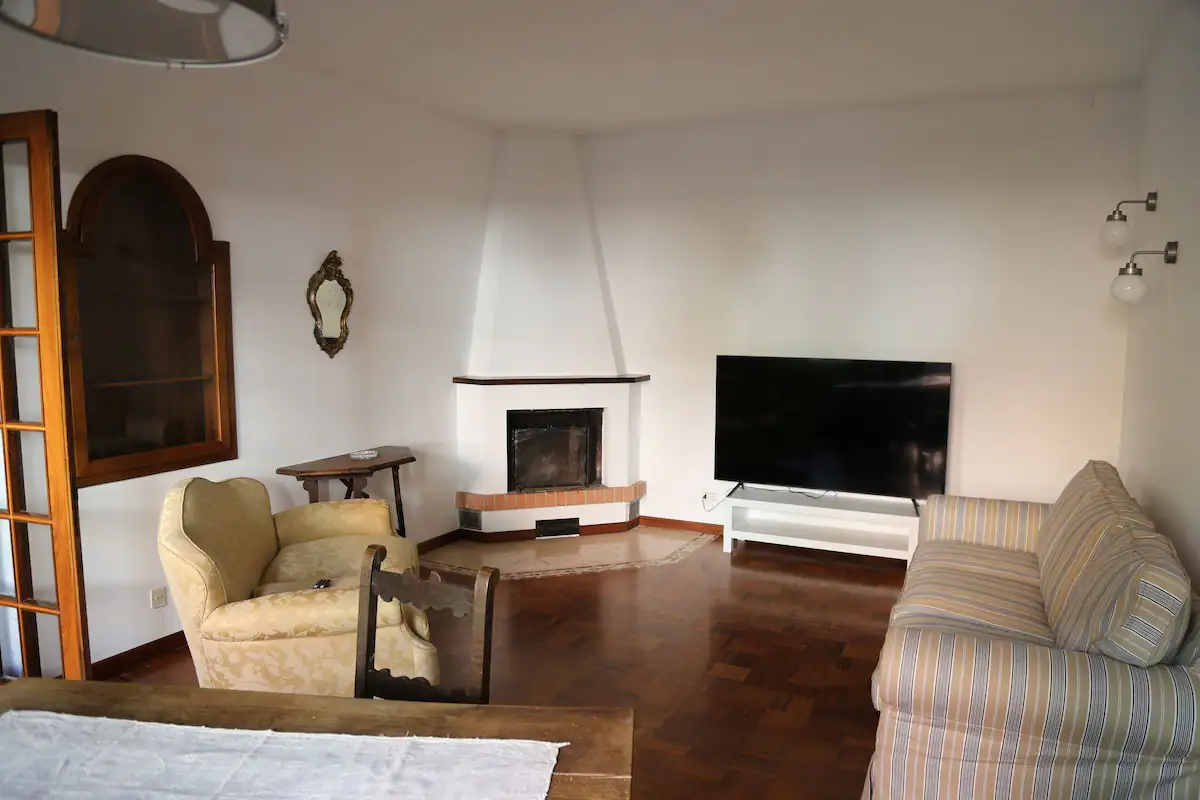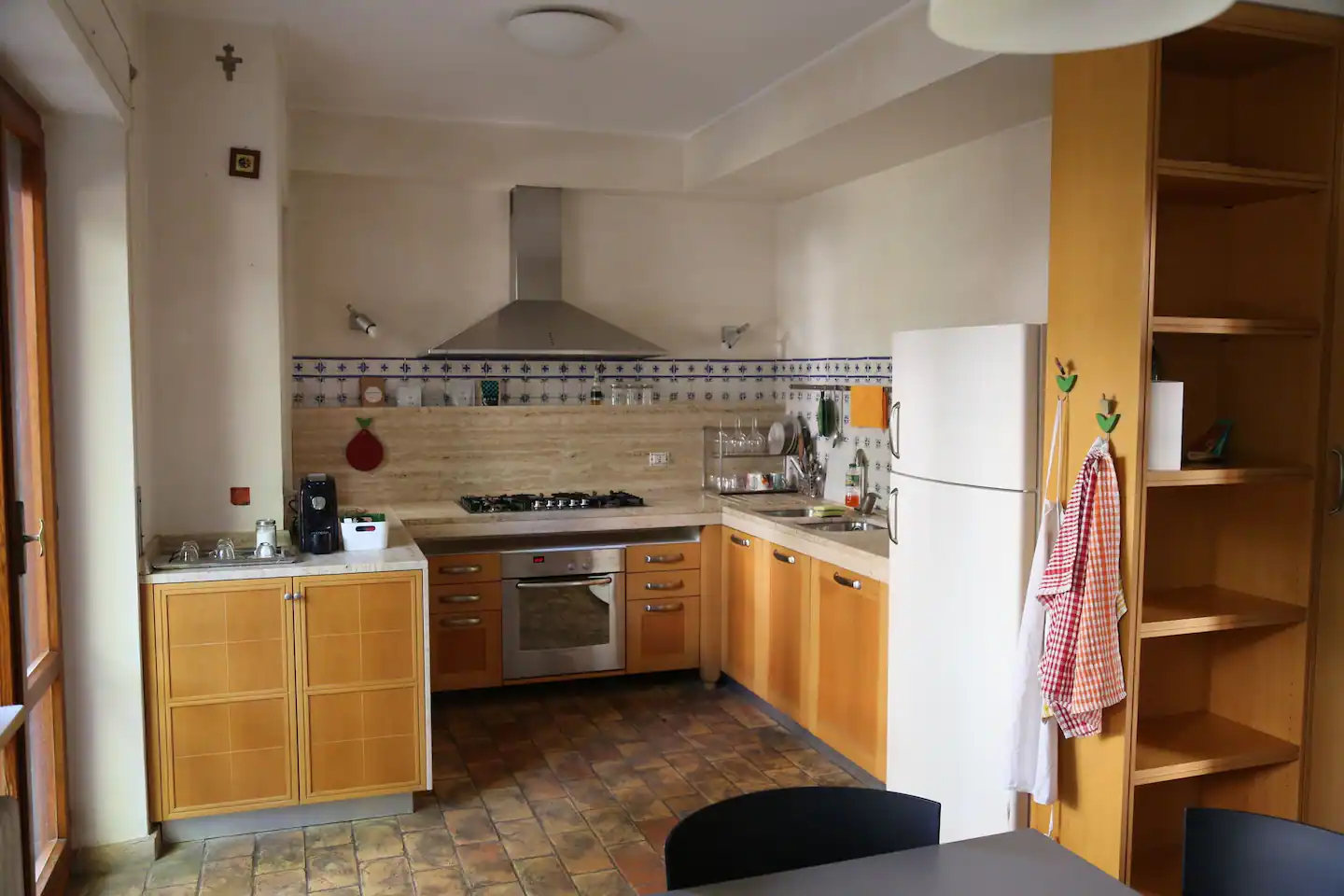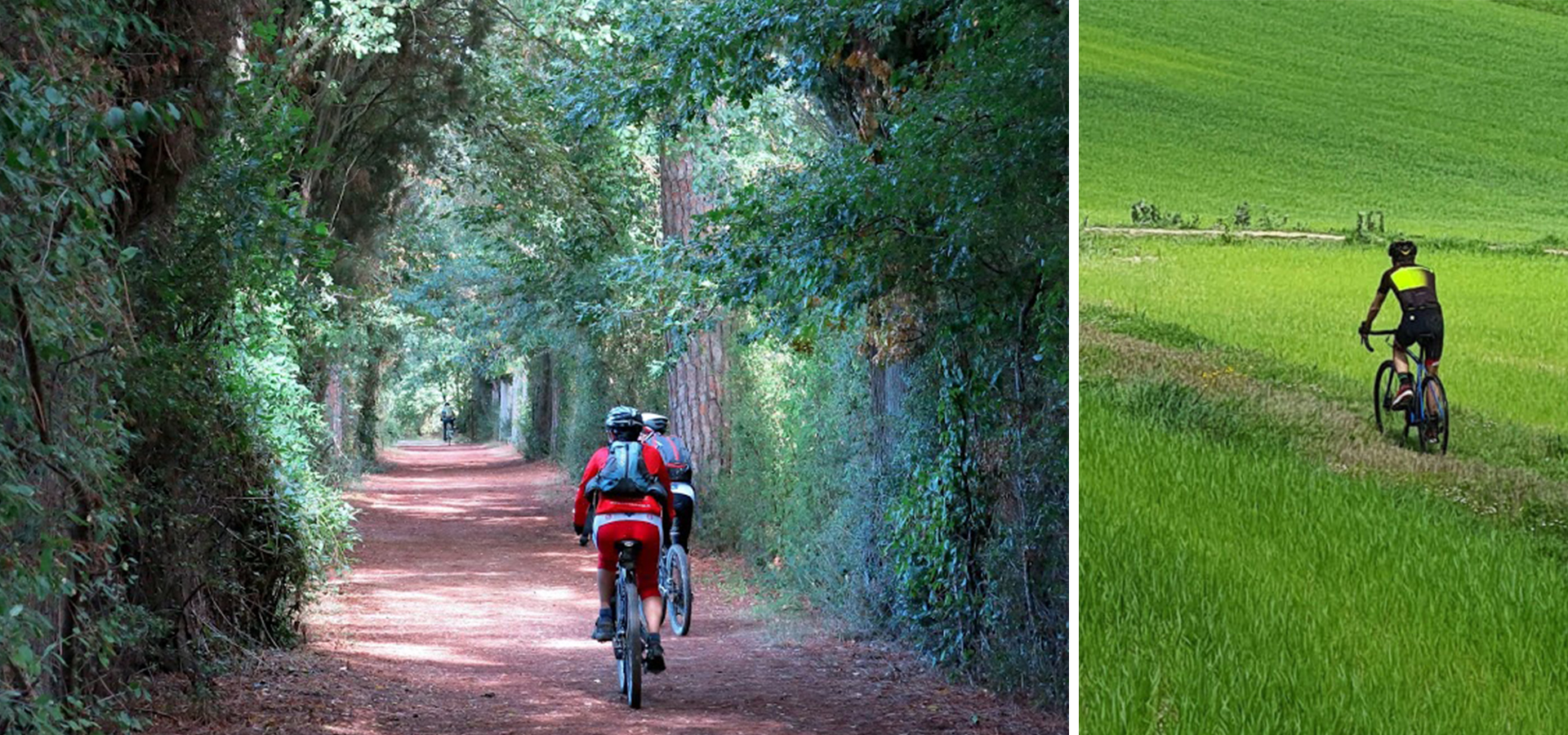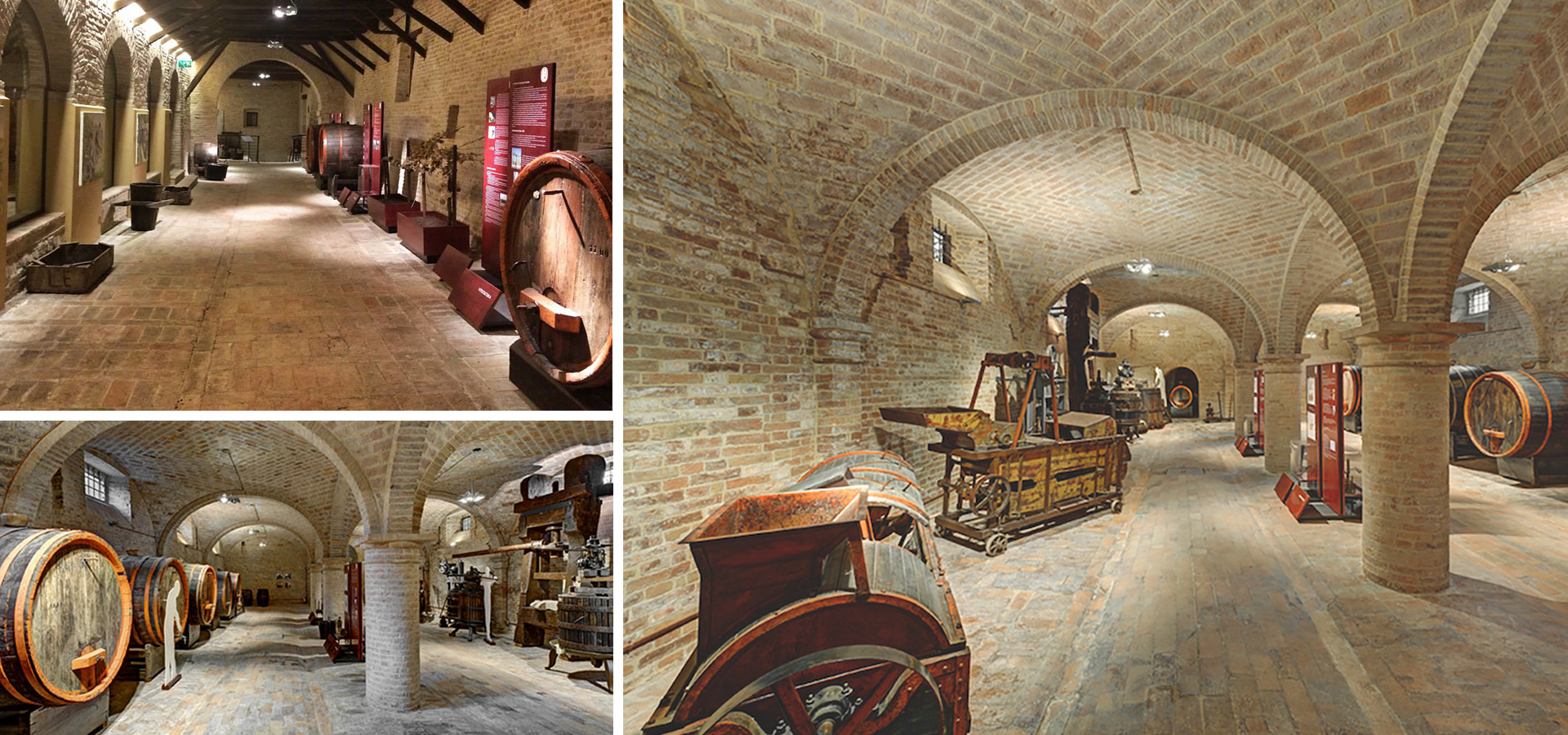Wine tasting
The attractive proposal
Tasting of our wines
with ciauscolo and pecorino cheese from the Sibillini Mountains
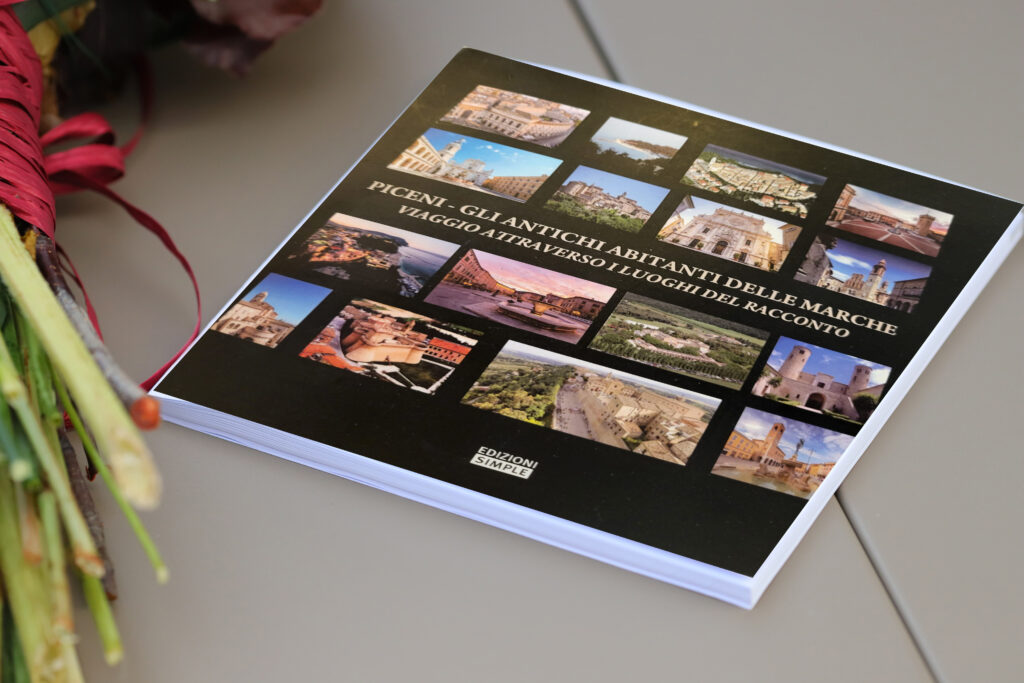
Tourist Guide & Museum Tour
Itinerary I Piceni
10 stages with guided tours for schools and tourists

SIROLO - NUMANA - PORTONOVO - MONTE CONERO - RECANATI - LORETO - BELMONTE PICENO - SAN GINESIO - TOLENTINO - URBISAGLIA - ABBADIA FIASTRA - PETRIOLO - SAN CLAUDIO - MACERATA - S. SEVERINO MARCHE - TREIA - MATELICA
It is a publication that tells the story of the Piceno people in the places where it was celebrated and is still preserved today. It is the story of our territory, our traditions, our dialects, what is handed down to us by our ancestors.
From this unprecedented work came a small tourist project that we are pleased to propose to our visitors, to all those who want to give us their attention. With the aim of bringing to light fragments of history collected in civic museums and signs of art left on the places of the Marche region.
The Cistercian Abbey of Santa Maria di Chiaravalle di Fiastra
The abbey complex

The vast territory, between the Chienti river and Fiastra, was donated in 1142 to Abbot Bruno, spiritual guide of the Cistercian monks of the Abbey of Chiaravalle in Milan, so that they could build an abbey complex. The Cistercian Abbey of Santa Maria di Chiaravalle di Fiastra was the most important economic and cultural centre of the entire Marche region until the end of the 1300s.
Bike Tour
Discover the reserve
Visiting the Abbadia di Fiastra Nature Reserve is a unique and unforgettable experience for the harmony and composure of the landscape, for the colors that characterize this territory in every season, for the variety of environments that it allows you to cross.
Discovering the Reserve using a mountain bike is a very stimulating way to enjoy the beauty of the place: from the ancient Cistercian Abbey to the excavations of the ancient Roman city of Urbs Salvia, from the centuries-old forest that characterizes the upper part of the reserve to the rolling hills of the Marche countryside.
The itinerary develops mainly on dirt country roads or paved roads with little traffic in a truly evocative environment.
Wine Museum
A journey through the winemaking traditions of the Marche region
In the cellars, with access from the cloister of the Abbey, the Wine Museum has recently been set up, which exhibits tools and objects used in the past for the processing of grapes. The cellars were built during the seventeenth century on behalf of the Jesuits, who had been entrusted with the Abbey in 1581. They are built on two floors, one of which is underground, and were used to process the grapes produced by the Abbey’s vineyards and more recently those harvested in the lands of the Giustiniani Bandini family and then of the Giustiniani Bandini Foundation.
The cellars, which have just been restored, are the ideal place to display the old tools used by the farmers: you can see presses, oak barrels of various sizes, containers of different kinds, vats, pumps for decanting wine and a beautiful boiler for cooked wine, built next to a small cloister of the Cistercian monks.
The Museum also includes a wealth of documentation relating to the production of wine in the Marche region.


